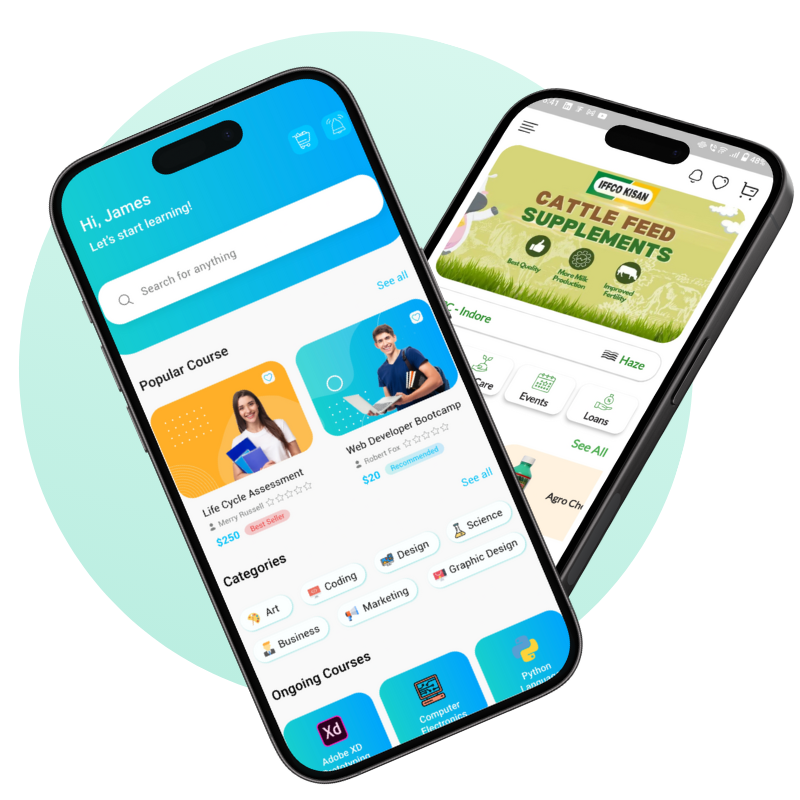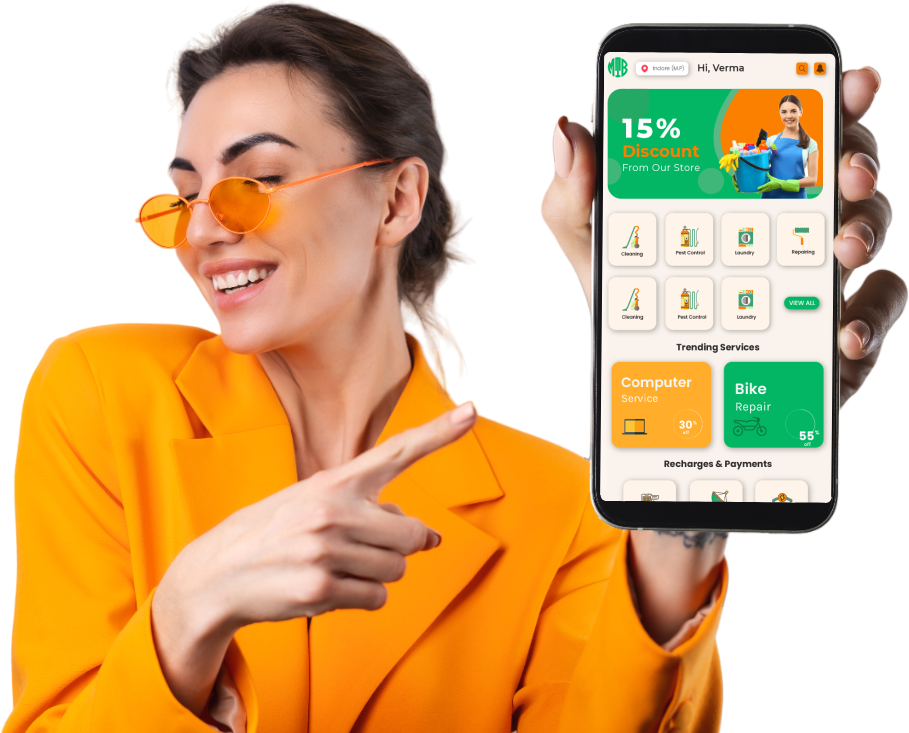

App Development Beyond Limits
It signifies a commitment to pushing the boundaries of what is traditionally expected in the realm of app development. This approach implies several key aspects
- Innovation
- Technical Expertise
- Adaptability
- User-Centric Focus
- Versatility
- Continuous Improvement
Process of Mobile App Development
Conceptualization and Planning
The app development process begins with an idea or concept. This phase involves defining the app's purpose, target audience, and core features. Market research is often conducted to identify the demand and competition in the app's niche. A business plan, including a monetization strategy, is also typically created.
Design and User Experience (UX/UI)
Once the concept is clear, designers work on creating the user interface (UI) and user experience (UX) for the app. This involves wireframing, prototyping, and visual design. The goal is to make the app visually appealing and easy to use, ensuring a positive user experience.
Development
This is the technical phase where developers write the code that brings the app to life. The choice of development platform, programming languages, and frameworks depends on the target platforms (e.g., iOS, Android, or both) and the app's specific requirements. Developers implement the features and functionality according to the design and functional requirements.
Testing and Quality Assurance
Testing is a critical part of app development. Quality assurance (QA) engineers perform various tests to identify and rectify bugs, glitches, and usability issues. This includes functional testing, performance testing, security testing, and user acceptance testing.
Optimization
Developers and QA engineers work to optimize the app's performance, making it run smoothly and efficiently. This often involves optimizing code, reducing loading times, and improving resource management.
Deployment
Once the app is thoroughly tested and optimized, it is ready for deployment. Apps for different platforms are typically published on platforms such as the Apple App Store, Google Play Store, or other third-party app stores. This step involves meeting specific platform guidelines and requirements.
